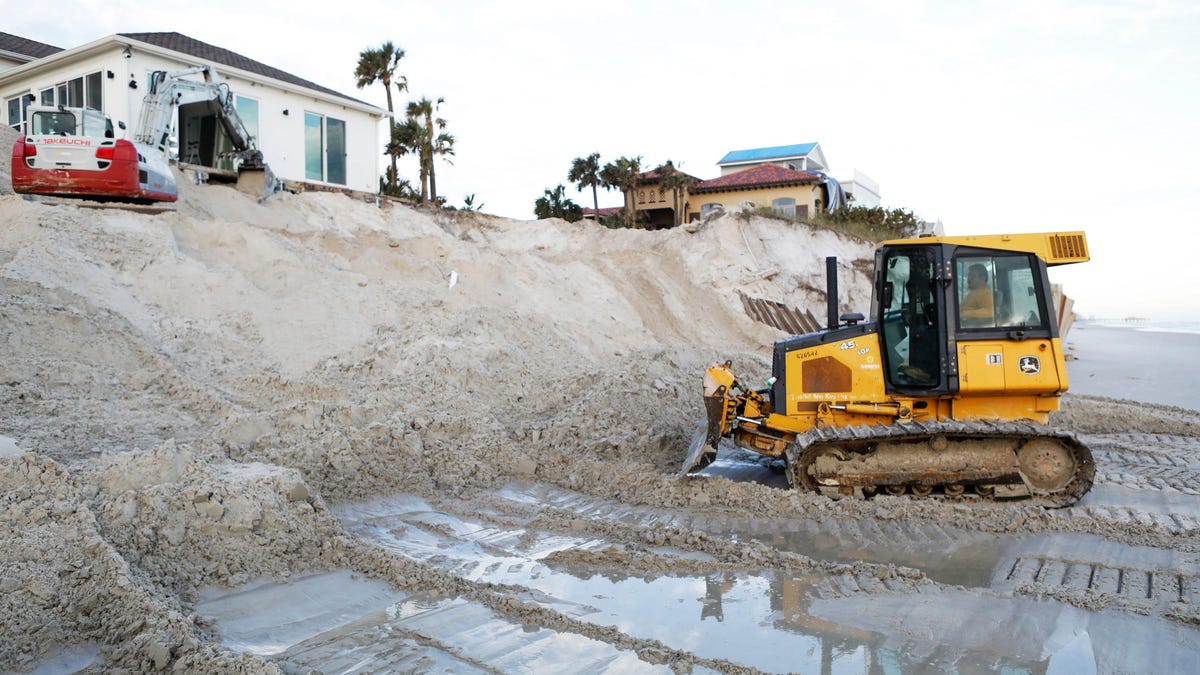Google’s Search Algorithm Might Not Be as Transparent as They Claim
Lisa Hendrickson, the mayor of Redington Shores, Florida, is facing a critical issue – the erosion of the town’s beach. Located on a barrier island along the Gulf of Mexico, Redington Shores has been severely impacted by recent storms, particularly Hurricane Idalia. The once pristine beach that attracted millions of tourists is disappearing rapidly, leaving homes vulnerable to flooding.
The U.S. Army Corps of Engineers, responsible for beach restoration, is at odds with local property owners. The Corps demands public access to the beach in exchange for $42 million worth of sand, a request many homeowners are reluctant to grant. This impasse reflects a broader conflict between coastal communities and federal agencies over climate change adaptation.
History of the Easement Policy
The Corps’ easement policy, enforced since Superstorm Sandy in 2012, requires property owners to grant perpetual access to the public beach area. This policy aims to facilitate emergency sand replenishment post-storms. Despite efforts by Pinellas County officials to secure easements, many residents are hesitant, fearing loss of privacy and increased tourism.
Local politicians, including Senators Rick Scott and Marco Rubio, have criticized the Corps for bureaucratic delays. However, the Corps remains firm on its easement requirement, jeopardizing future storm protection efforts. The stalemate has forced the county to build incomplete dunes, further endangering coastal properties.
Challenges and Solutions
Experts like Rob Young suggest that local funding for beach nourishment projects might be more sustainable than relying on federal aid. Concerns over the effectiveness of these projects, exemplified by failed attempts on the Jersey Shore, raise questions about their long-term viability.
As hurricane season approaches, the standoff between homeowners and the Corps intensifies. The community braces for potential devastation, highlighting the complex trade-offs between private property rights and public safety in the face of climate change.
This story was originally published by Grist. Grist is a nonprofit, independent media organization dedicated to telling stories of climate solutions and a just future. Learn more at Grist.org.
Image/Photo credit: source url





